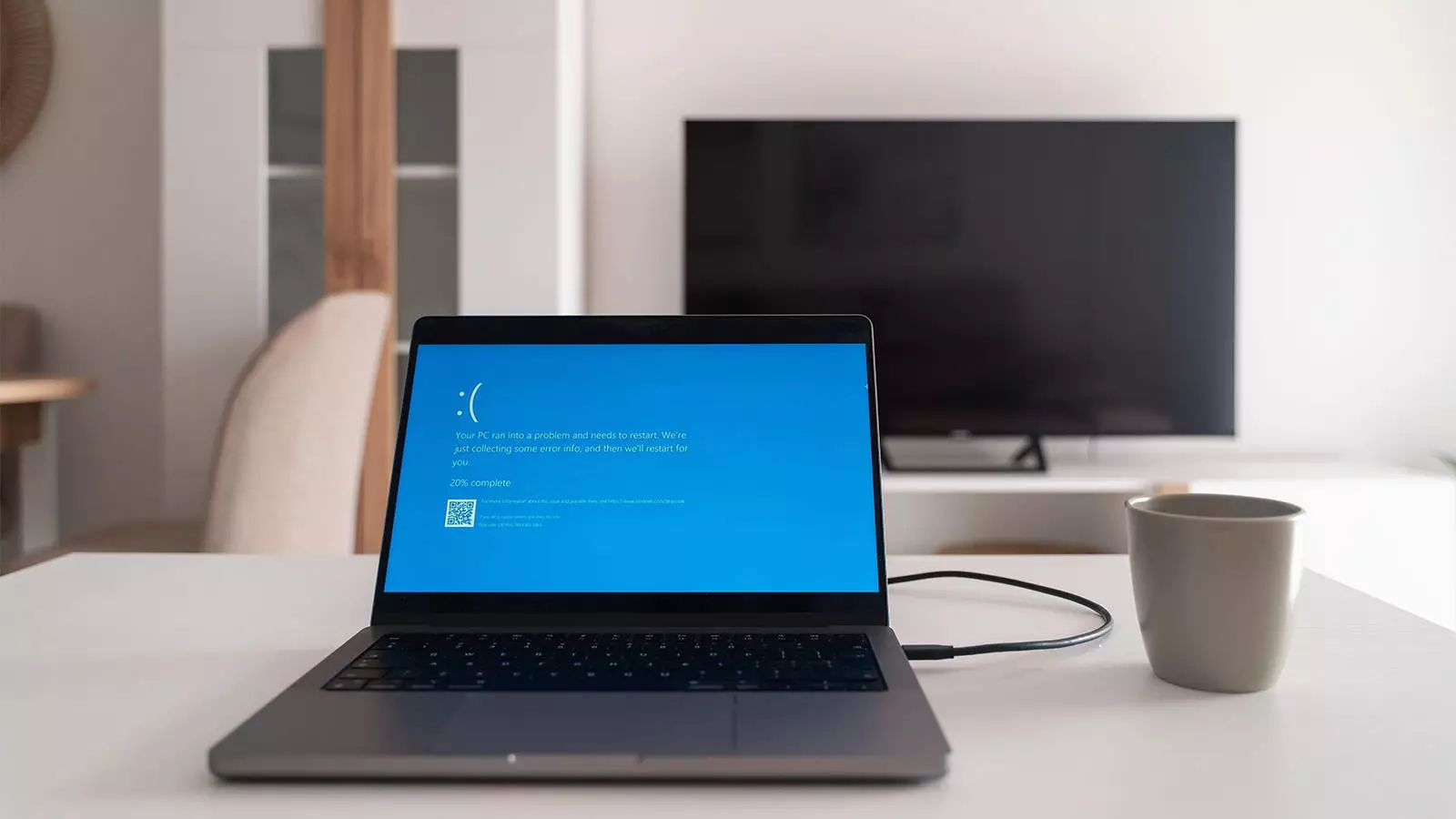The recent software update glitch that wreaked havoc on computer systems worldwide served as a wake-up call for many in the healthcare industry. The reliance on technology in healthcare has undoubtedly improved efficiency and patient care, but it also has its downsides. When faced with the prospect of downtime procedures due to a glitch, healthcare providers had to revert to non-technology-based modalities of patient care. Handwritten notes, manual insurance information recording, verbal communication, and paper prescriptions suddenly became the norm. This shift highlighted the potential dangers of being overly dependent on technology.
The Fear of Utter Dependence
As healthcare professionals arrived at work, they were relieved to find that their computers were functioning normally. However, the incident served as a stark reminder of the potential consequences of technology failures in healthcare. The fear of utter dependence on interconnected systems that control patient care became all too real. The episode with the software glitch underscored the need for healthcare providers to strike a balance between embracing technology and maintaining proficiency in traditional, non-digital modes of patient care.
While technology has revolutionized healthcare by streamlining processes and improving diagnostic capabilities, it can also have unintended consequences on patient-provider interactions. The use of voice recognition and AI for medical documentation, while efficient, can sometimes result in a loss of nuance and personalization in patient records. The cold and impersonal nature of some technological systems can detract from the human element of healthcare, which is essential for building trust and fostering meaningful connections with patients.
Preserving the Humanity in Healthcare
The crash of the software system due to a glitch should serve as a poignant reminder of the importance of preserving the humanity in healthcare. While technology can enhance patient care in numerous ways, it should never overshadow the essential human interactions that form the core of healthcare. The bond between a doctor and a patient, the empathy of a nurse, and the comfort of a medical technician are irreplaceable aspects of healthcare that technology alone cannot replicate. Healthcare providers must prioritize maintaining these human connections while leveraging the benefits of technology.
The incident with the software glitch should prompt a reevaluation of the level of dependency on interconnected technological systems in healthcare. While the advancements in healthcare technology have undoubtedly improved the quality of care and patient outcomes, the potential risks associated with system failures cannot be ignored. Healthcare providers must strive to find a balance between utilizing technology for its benefits and ensuring that they are proficient in non-digital modalities of patient care. By rethinking the extent of dependency on technology, healthcare organizations can better prepare for future challenges and ensure continuity of care for patients.


Leave a Reply